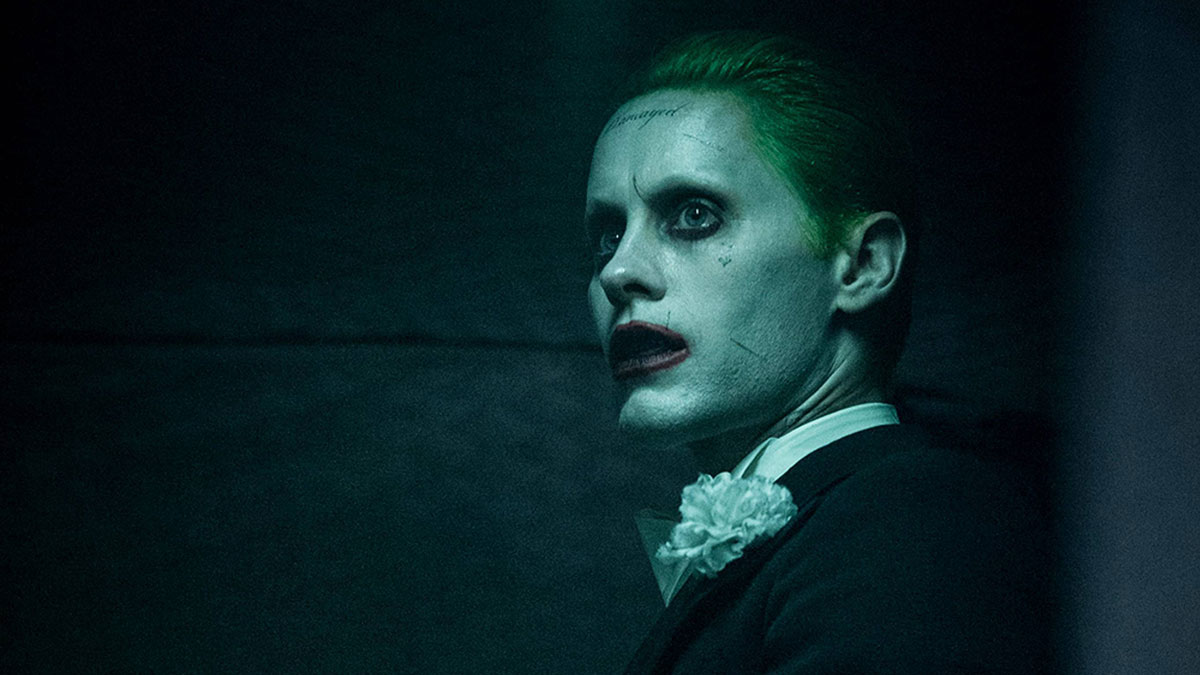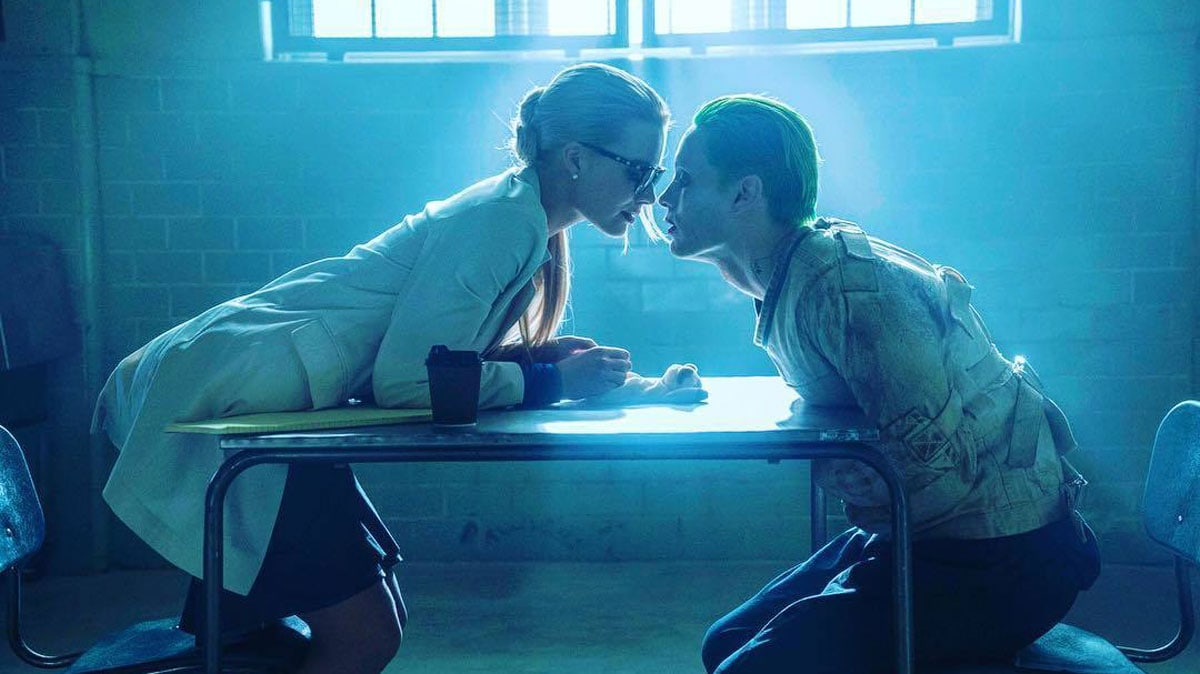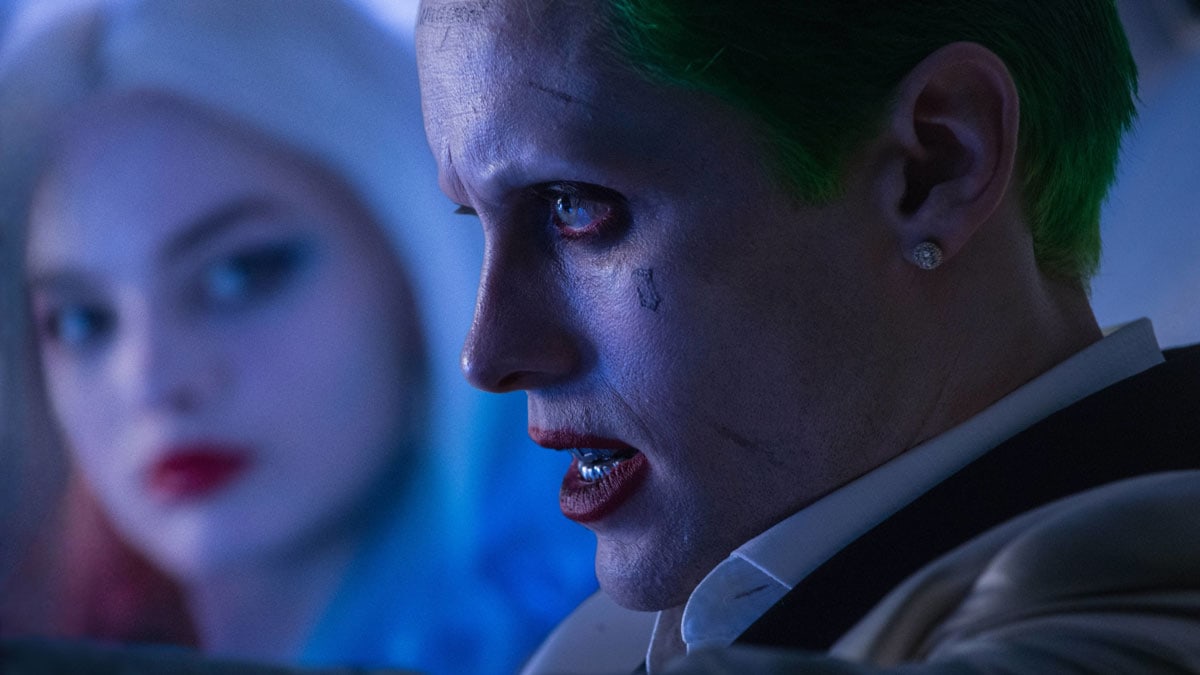David Ayer, the director of Suicide Squad, recently caused a stir among DC fans by sharing some intriguing script pages from the original ending of the film. These pages, which were revealed by Ayer himself on X, have reignited discussions about the much-debated “Ayer Cut” of the film. For those unfamiliar with the term, the “Ayer Cut” refers to David Ayer’s original vision for Suicide Squad before it was altered by the studio, leading to the version we eventually saw in cinemas.
Found this today pic.twitter.com/uMziTdN8D8
— David Ayer (@DavidAyerMovies) August 7, 2024
https://twitter.com/DavidAyerMovies/status/1821298287359697267
In these newly shared script pages, we get a glimpse into what could have been—a darker, more complex finale that would have significantly changed the tone of the film. Ayer’s decision to share these pages seems to be part of a growing trend among filmmakers who are keen to showcase their original visions, especially in an era where director’s cuts are becoming more celebrated by both fans and studios alike.
The Original Ending: A Glimpse Into What Could Have Been

Credit: Warner Bros. Pictures
READ MORE: When Will Godzilla Minus One Be Available To Watch On Streaming?
As someone who has always been fascinated by the creative process behind filmmaking, seeing these script pages is both exciting and a little heartbreaking. Ayer’s original ending for Suicide Squad would have taken the story in a different direction, offering more depth to the characters and a more nuanced conclusion to the chaotic events of the film. It’s clear from these pages that Ayer intended to deliver a more character-driven and emotionally resonant finale, which, unfortunately, was lost in the final cut.
The script pages suggest that Ayer’s version of the film would have explored the psychological trauma of the characters more deeply, particularly focusing on Harley Quinn and the Joker’s toxic relationship. This darker, more introspective approach would have provided a stark contrast to the action-heavy, somewhat disjointed ending that audiences ultimately received. For fans of the DC Extended Universe, this revelation adds another layer to the ongoing discussion about the creative decisions that shaped Suicide Squad.
The Ayer Cut: Will We Ever See It?

Credit: Warner Bros. Pictures
READ MORE: Will Scream 7 Be Cancelled After All The Controversy?
The release of these script pages has reignited the demand for the “Ayer Cut” among fans. In the wake of the successful release of Zack Snyder’s Justice League, many are hopeful that Ayer’s original vision for Suicide Squad might one day see the light of day. The “Snyder Cut” proved that there is a significant audience for these alternate versions, and it wouldn’t be surprising if DC Studios eventually decided to give Ayer the chance to complete his film as he originally intended.
As a fan of Ayer’s work, I find myself torn between excitement and frustration. On one hand, I’m thrilled to see what could have been; on the other, it’s disheartening to know that studio interference once again altered a director’s vision. The fact that these script pages exist at all is a testament to the passion and dedication Ayer had for this project. It’s a shame that the final product didn’t fully reflect his original ideas.
My Final Thoughts on David Ayer’s Suicide Squad

Credit: Warner Bros. Pictures
READ MORE: One Piece Season 2 Release Window Revealed?
David Ayer’s decision to share the original script pages from Suicide Squad is a bold move that highlights the ongoing debate about creative control in Hollywood. It’s a reminder that the films we see are often the result of compromises and alterations that may not always align with the director’s original intent. While it’s uncertain whether we’ll ever see the “Ayer Cut” in its entirety, these script pages provide a tantalising glimpse into what could have been.
As much as I enjoyed Suicide Squad for its chaotic energy and memorable characters, I can’t help but wonder what the film might have been like if Ayer’s original ending had made it to the big screen. The release of the “Snyder Cut” has shown that there is a demand for these director’s cuts, and I, for one, would love to see what Ayer’s full vision for Suicide Squad would look like. Until then, these script pages will have to suffice as a bittersweet reminder of the creative potential that was left on the cutting room floor.














